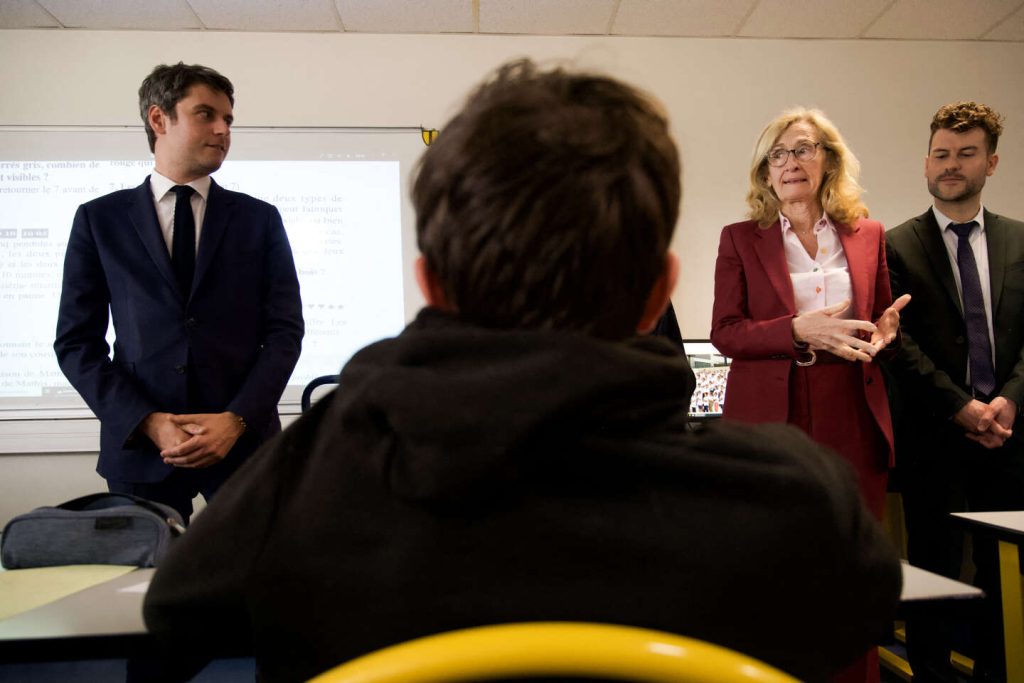The Ministry of National Education had not communicated on the reduction of additional hours in schools starting from the end of this school year, which several academic authorities had announced on Monday, April 29th and Tuesday, April 30th. However, in response to the resounding outcry, it was the ministry itself that promptly stated in a press release on May 1st that Minister Nicole Belloubet had instructed that the budgetary means initially notified should be recovered by the academic authorities starting from Thursday to continue the allocation of additional hours in schools. This decision was made in line with the priority given to National Education by the government, as emphasized in the press release which stated that both the Prime Minister and the Minister of National Education and Youth wished for schools to continue to have the means to carry out their missions.
The news of a reduction in additional hours available to secondary schools for the last two months of the school year, followed by the suspension of the management of these resources in several academic authorities, sparked indignation in schools on April 30th. This decision was part of the cost-cutting plan announced by the Ministry of Economy of 10 billion euros for 2024, including 683 million euros for the Ministry of National Education. Therefore, each academic authority had been instructed to reduce spending on, among other things, additional hours by the end of the calendar year. In academies such as Paris, Créteil, Versailles, Lyon, Toulouse, and Bordeaux, the authorities had announced a withdrawal of these resources by the end of the current school year.
The affected hours compensate teachers who provide remedial classes during school holidays, support actions, short-term replacements, or homework help (the program called “Devoirs faits”) at the middle school level. There was also consideration of cutting back on “special mission allowances” used to pay for tasks performed outside of teaching time, such as coordinating sports or artistic activities, or serving as a digital or disability reference. This decision had caused uproar in the education community and raised concerns about the impact on teachers and students.
The intervention of the government, led by the Prime Minister and the Minister of National Education and Youth, to reverse the decision to reduce additional hours in schools was seen as a victory for the education sector. The quick response to the outcry demonstrated the importance placed on education by the government and the commitment to ensuring that schools have the resources needed to fulfill their missions. This move was praised by educators and unions who had raised concerns about the impact of the initial decision on teachers’ workload and students’ learning opportunities.
The reinstatement of the budgetary means for additional hours in schools was a relief for many educators who rely on these resources to provide extra support to students in need. The government’s recognition of the importance of education and the impact of budget cuts on the quality of teaching and learning was seen as a positive step in ensuring that schools have the necessary resources to provide a high-quality education for all students. However, concerns remain about the ongoing challenges facing the education system and the need for sustainable funding to support teachers and students in the long term.


